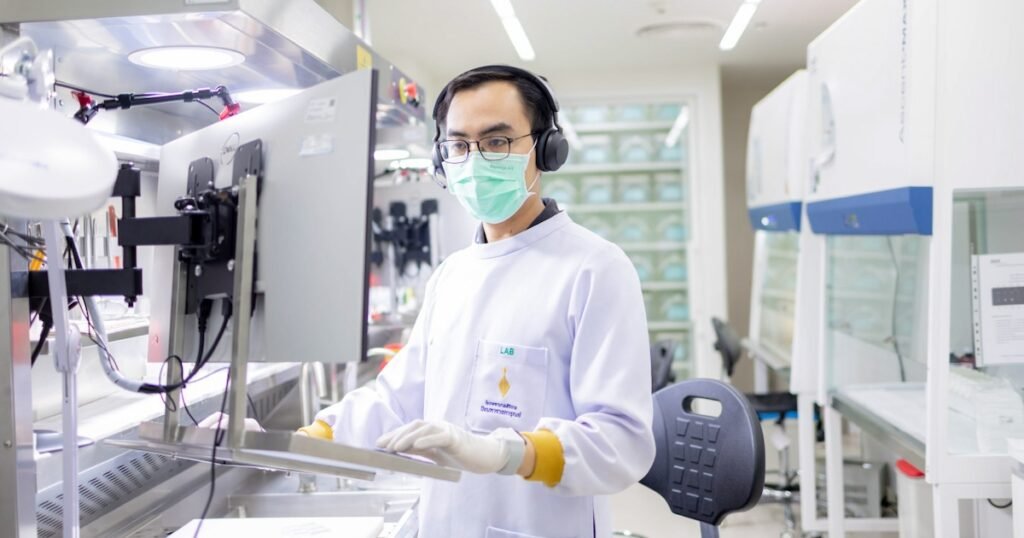Siriraj Piyamaharajkarun Hospital in Thailand has taken a significant step forward in healthcare technology by implementing AI and computational technologies into its pathology information system. This new system, launched at the 300-bed SiPH, integrates various aspects of laboratory workflows, imaging scanning systems, and centralized data processing.
Previously, SiPH did not have its own pathology laboratory and had to send samples to the Pathology Department at Siriraj Hospital. However, with the introduction of this new system, the hospital now has the capability to streamline its pathology services and improve efficiency. Dr. Pornsuk Cheunsuchon, director of SiPH’s Digital Pathology Center, highlighted the importance of AI in the planning of this system. The Pathology Information System (PIS) features speech-to-text and smart forms for data entry, as well as AI technology powered by IBM for analyzing high-resolution slide images, particularly in suspected prostate cancer cases.
The implementation of AI in the PIS has significantly increased the speed and accuracy of work at SiPH. Dr. Cheunsuchon mentioned that automation has been introduced to various aspects of the workflow, including documentation, identification of high-risk cases, ordering additional tests, and providing alerts for major findings. Speech-to-text technology has reduced typing errors, while AI assists in screening prostate cancer cases by helping pathologists prioritize preliminary results.
SiPH’s AI-driven pathology service has already processed over 14,000 test orders and continues to enhance the system with upgrades to the user interface and user experience. The hospital aims to expand its integrated, automated AI-powered diagnostics to accurately detect more cancer cases in the future.
In the larger trend of digital pathology, Samsung Medical Center in South Korea stands out as a hospital with one of the most comprehensive systems in the world. Achieving Stage 7 of the HIMSS Digital Imaging Adoption Model, Samsung Medical Center’s integrated digital pathology system includes features like 5G network connectivity, which has significantly reduced test consultation times.
Overall, the incorporation of AI and computational technologies into healthcare systems like the PIS at SiPH is a promising development that holds the potential to revolutionize pathology services and improve patient outcomes. With continued advancements in technology, hospitals around the world are harnessing the power of AI to enhance diagnostic processes and provide more efficient and accurate healthcare services.


